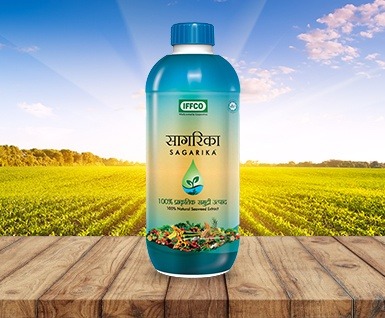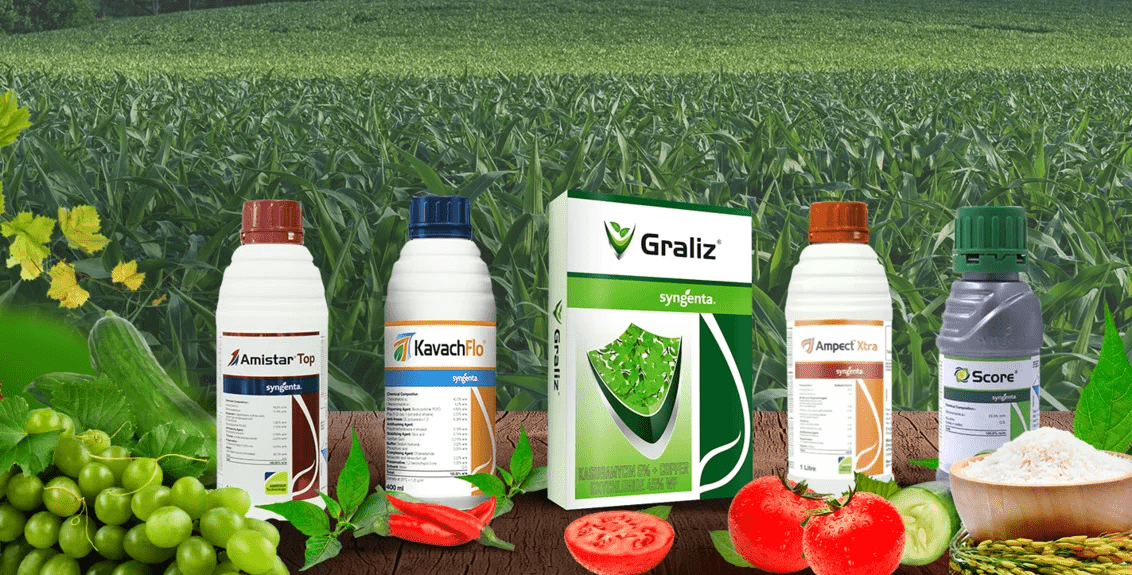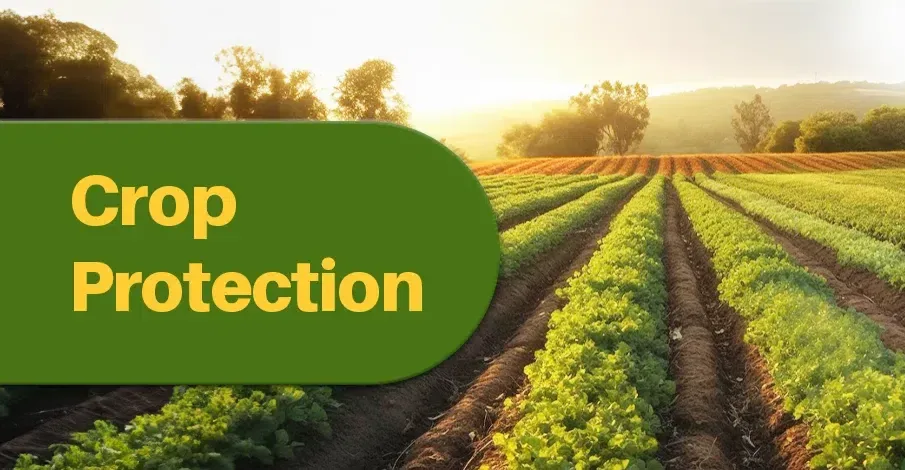Struggling with the high costs and inefficiencies of traditional farming? You’re not alone. I promise there are better ways to farm that save both the Earth and your wallet. In this post, we explore 7 groundbreaking sustainable agriculture practices. Prepare to revolutionize your farm’s productivity and sustainability!
How to Implement 7 Sustainable Agriculture Practices
Introduction
Sustainable agriculture is crucial for the long-term health of our planet and food systems. By implementing sustainable practices, farmers can protect the environment, support biodiversity, and ensure future food security.
Overview of Sustainable Agriculture
Sustainable agriculture focuses on meeting the needs of the present without compromising the ability of future to meet their own needs. It involves practices that are environmentally friendly, economically viable, and socially responsible.
Importance of Implementing Sustainable Practices
Implementing sustainable agriculture practices is essential to address key environmental issues such as soil degradation, water scarcity, and climate change. By adopting sustainable farming methods, farmers can reduce their environmental footprint and improve the quality of their produce.
Crop Rotation
Crop rotation is a sustainable practice that involves growing different crops in the same field in sequential seasons. This helps to improve soil health, prevent pest and disease buildup, and enhance crop yield.
* Benefits of Rotating Crops:
* Enhances soil fertility
* Reduces reliance on chemical fertilizers
* Breaks pest cycles
* Examples of Effective Rotation Sequences:
* Corn → Legumes → Wheat
* Potatoes → Brassicas → Cover crops
Cover Cropping
Cover cropping involves planting crops specifically to protect and improve the soil between main crops. These cover crops can help prevent erosion, suppress weeds, and increase soil fertility.
* Suggestions for Choosing the Right Cover Crops:
* Consider climate and soil conditions
* Select crops that complement main crops
* Rotate cover crops to avoid pest buildup
Soil Fertility Management
Maintaining soil health is critical for sustainable agriculture. Healthy soil is rich in nutrients, retains water efficiently, and supports a diverse ecosystem of beneficial organisms.
* Importance of Maintaining Soil Health:
* Supports plant growth and yield
* Prevents soil erosion
* Enhances water retention
* Natural Methods to Enhance Soil Fertility:
* Compost
* Mulching
* Green manure
Integrated Pest Management (IPM)
Integrated Pest Management (IPM) is an approach to pest control that combines biological, cultural, and chemical methods to manage pests effectively while minimizing environmental damage.
* Understanding IPM:
* Identify pests and their life cycles
* Implement preventive measures
* Monitor pest populations
* Strategies for Managing Pests with Minimal Chemical Use:
* Biological control
* Crop rotation
* Trap cropping
Agroforestry Practices
Agroforestry involves integrating trees and shrubs into agricultural landscapes to provide a range of ecological, economic, and social benefits. Agroforestry systems can enhance biodiversity, improve soil health, and diversify farmers’ income sources.
* Benefits to Crops and Environment:
* Shade provision
* Windbreaks
* Carbon sequestration
Water Management
Efficient water use is essential for sustainable agriculture, especially in regions facing water scarcity. By adopting water-saving techniques, farmers can optimize water resources and minimize the environmental impact of irrigation practices.
* Techniques for Efficient Water Use:
* Drip irrigation
* Rainwater harvesting
* Soil moisture monitoring
* Impact of Water Conservation on Sustainability:
* Reduced water waste
* Improved crop resilience
* Enhanced ecosystem health
Livestock and Pasture Management
Livestock can play a valuable role in sustainable agriculture by providing manure for compost, grazing on cover crops, and contributing to farm biodiversity. Proper management of livestock and pastures is essential to minimize environmental impacts and promote animal welfare.
* Role of Livestock in Sustainable Agriculture:
* Nutrient cycling
* Weed control
* Diversified income streams
* Methods for Sustainable Livestock Management:
* Rotational grazing
* Provision of shelter
* Balanced feed rations
Conclusion
By implementing these 7 sustainable agriculture practices, farmers can contribute to a healthier environment, more resilient food systems, and a sustainable future. It’s time to embrace sustainable farming methods and pave the way for a greener, more sustainable agricultural sector.
Further Resources
For more information on sustainable agriculture practices, check out these resources:
* Books: “The One-Straw Revolution” by Masanobu Fukuoka
* Websites: Sustainable Agriculture Research & Education (SARE)
* Organizations: Rodale Institute, World Agroforestry
Remember, the future of farming lies in sustainability and responsible stewardship of the land. Let’s work together to build a more sustainable and resilient food system for generations to come.











 Home
Home  Whishlist
Whishlist  Compare
Compare  Checkout
Checkout